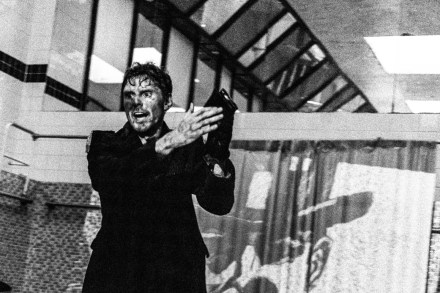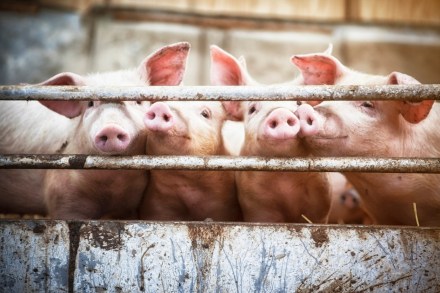The ineptitude of despots
Displaying the pristine neutrality that has made her such a popular figure, Newsnight’s Emily Maitlis apparently tweeted the following last week: ‘No. 10 is trying to control the media, and everyone in our democracy should be afraid.’ Sadly, this typically sane and measured observation was later deleted. Was she told to delete it? Or did she think better of it but was not quite up to tweeting: ‘No. 10 isn’t trying to control the media and we should probably all rest easy.’ I wonder how many other tweets she’s deleted before I got around to seeing them? ‘The schools are closed not on account of Covid but because giant Tory




















